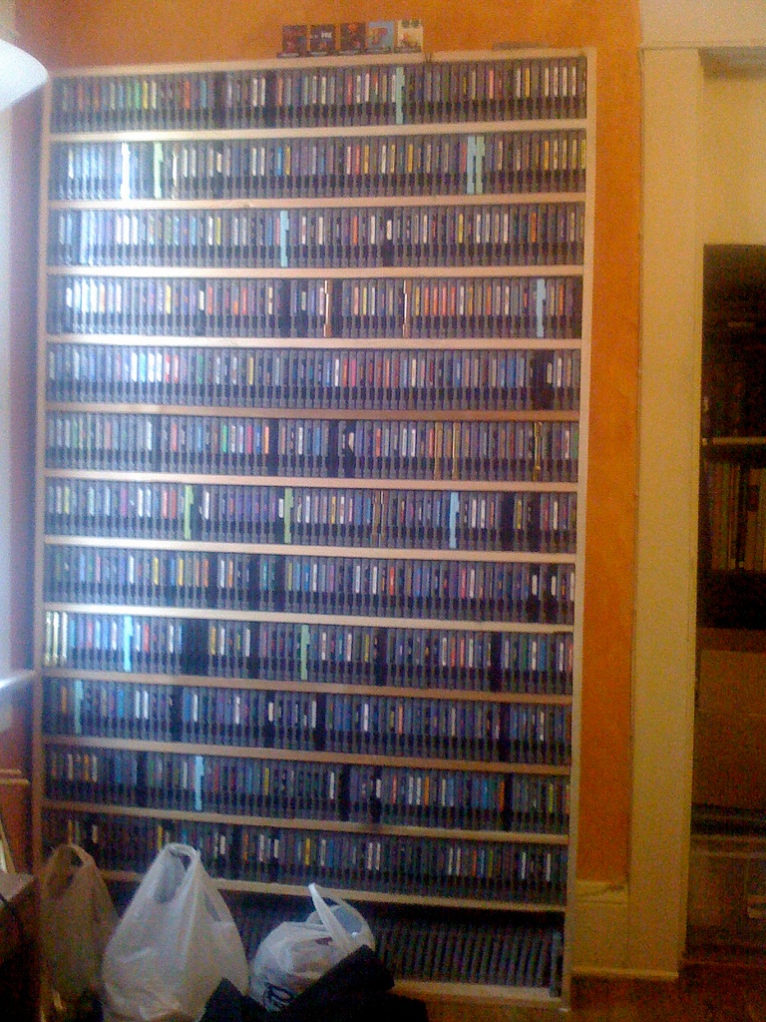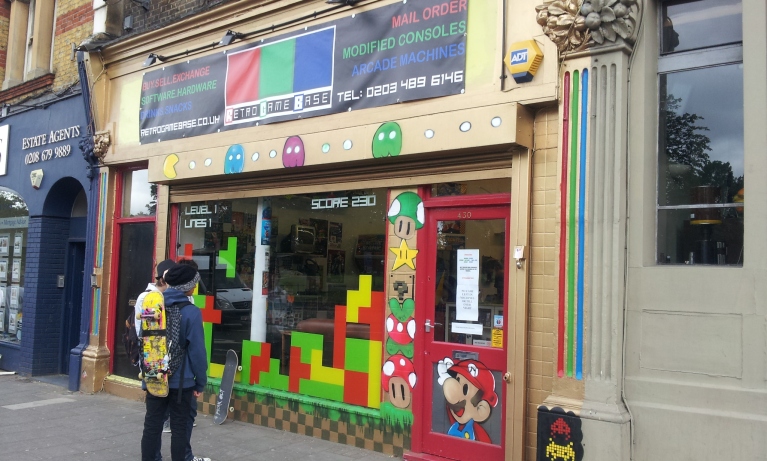The internet gives us a ton of freedom to communicate, share, research, and discover – especially when it comes to video games. I love hearing and seeing about a game that I missed throughout the years and spending a couple hours researching the development, production, and release or discovering a really fun-sounding saga — then the hunt begins to find it of course!
What I kinda hate or loathe though, and I’m not a negative guy, is when I scan social media and see dozens of posts a day about people who score “game x” for “y dollars.” A large percentage of these posts feature uncommon games, rare titles, or franchise cornerstones. Some are almost impossible to believe, some are just cool to see a game I hadn’t thought about, and others have to be practical jokes designed to engage trolls like Little Samson for $25. I just really don’t get the point.
Am I supposed to care you got A Link to the Past for $5? How does that help me? What impact do you want it to have on me? I love when friends get a good score, of course, but for the game not what they pay for it. That’s the main problem I have with all these posts. In our Pawn Stars/American Pickers world we’ve been lead to prioritize the price we pay over the way we find it – and that turns my stomach. Sure it’s cool that you get a $60 game for 10$ but what should be cool is the game, not the price! Instead, it’s the other way around. It’s like saying the bat-mobile is the reason you watch Batman movies. It’s backward. As a collector, and most of my friends will agree, the game, in this case, is worth what you’re willing to spend. So if you come across Panzer Dragoon Sage for $350 and you want it, grab it! If you find it for $500, and still want – grab it! It makes no difference to me what you paid for it, so quit including that aspect in all your posts! It’s like people feel the need to impress upon others that they have a certain degree of business savvy instead of game savvy. I could totally be wrong of course and maybe that’s the point of a lot of collectors these days – get the game the cheapest regardless of when. I’m not like that and, a handful of others that I share my finds with, are the same. We prioritize the opportunity and condition over price – every single time.
 When making “The NES Club: Nintendo Quest” (www.nesclubmovie.com) we made a very conscious decision to not broadcast the prices of Jay’s finds because we wanted to focus on the games and not the prices. On top of that, some store owners didn’t want us to share the deals Jay got on camera, so it worked out for everyone. It’s a decision I’ll never regret because prices and trends always affect the value of a product; but the actual product, video games in this case, won’t change. The magic of Super Mario Bros. remains awesome regardless of the price point and that was something we wanted to be our main focus. So what’s your focus? Is it the price? The game? The story behind the acquisition? Make it matter for the sake of my sanity!
When making “The NES Club: Nintendo Quest” (www.nesclubmovie.com) we made a very conscious decision to not broadcast the prices of Jay’s finds because we wanted to focus on the games and not the prices. On top of that, some store owners didn’t want us to share the deals Jay got on camera, so it worked out for everyone. It’s a decision I’ll never regret because prices and trends always affect the value of a product; but the actual product, video games in this case, won’t change. The magic of Super Mario Bros. remains awesome regardless of the price point and that was something we wanted to be our main focus. So what’s your focus? Is it the price? The game? The story behind the acquisition? Make it matter for the sake of my sanity!
This brings me to my next concern, though this one doesn’t irritate me nearly as much: countdown to a complete collection. Having made a film about a guy trying to complete an entire collecting in 30 days without using the internet, I get the appeal of wanting to share that story with people. That said, I chose to make a film about Jay getting a complete collection not because I wanted to show a complete collection but because it was his life long dream. Now, I hope there are a lot of other dreamers out there too going for a complete collection because you’re my target audience for “The NES Club: Nintendo Quest”, but you’re also the folks that can help explain WHY you feel the need to update your countdown with every single acquisition you acquire. No offense, I’m not emotionally connected with your updates or your nine-year journey to get all the Sega Genesis games – unless you compel me to care, and YOU CAN! Like my film, and you’ll find out soon, I wanted everyone to care about Jay’s dream as much as him so I introduce you to his world, his hopes, dreams, fears, friends, and family so that everything he goes through in order to get games resonates on a deeper level. Make no mistake, “Nintendo Quest” is much more about a guy attempting the insane and as viewers, you get to see how he transforms, for better or worse, by having gone on that journey. So take me on a journey. The price you pay for your games doesn’t matter to me. The numbers of games in your collection doesn’t matter to me. Hook me with a reason to care. Tell me your journey.
We really want “Nintendo Quest” to forge a new kind of community that binds us together with not only our love for gaming and game collecting but the stories and adventures that we go through for something we all love. That’s relate-able. That’s universal. The only way, however, that this community will manifest is by the actions of everyone out there. It’s about prioritizing the right ideals and eliminating the competitive aspects that breed ego for the sake of ego. We no longer live in a world where we have to compare toys and whoever has the better toy collection is the better person – that’s ridiculous, but that’s the maturity level that seems to permeate part of the social media scene. So let’s talk adventure, trials, and the most unbelievable things ever. Welcome to the Club. Game On.
About the Author:
Robert McCallum is an award-winning filmmaker and director of the upcoming documentary “Nintendo Quest.” @Pyreproductions • www.facebook.com/theNESclub • @theNESclub







